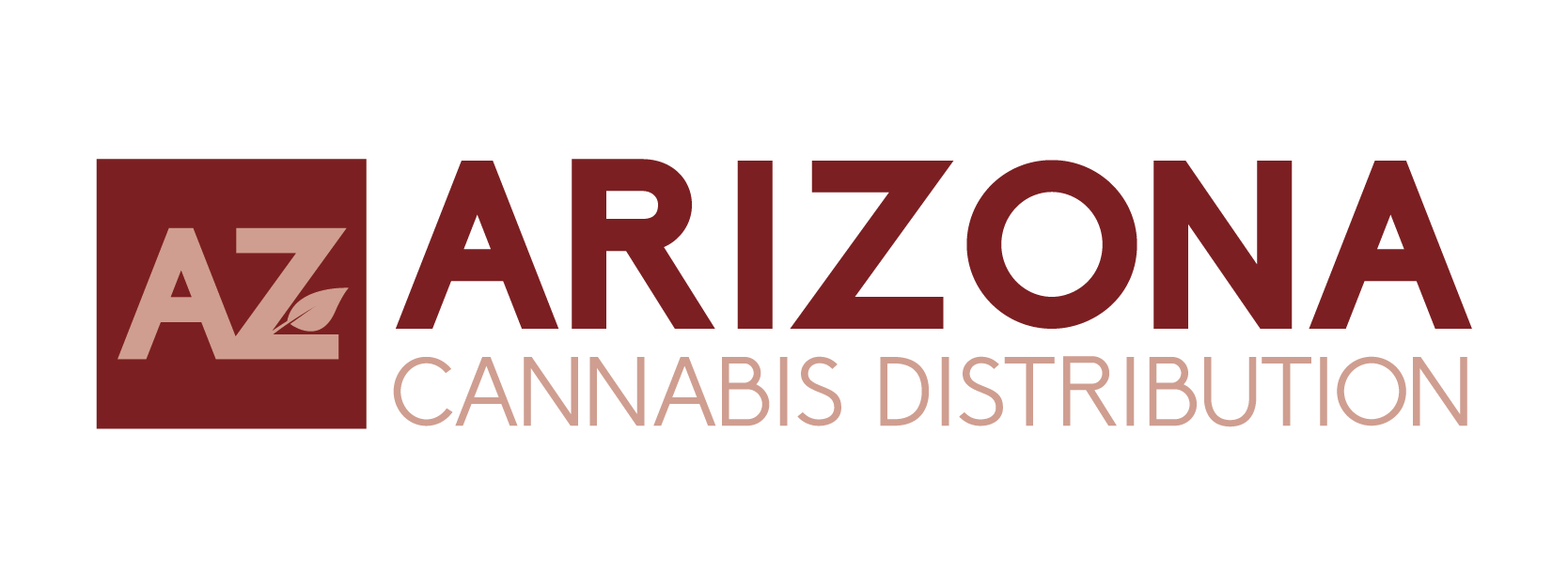The cannabis industry is undergoing a digital transformation, driven in part by the emergence of B2B marketplace platforms designed specifically to streamline the supply chain. These tech-enabled solutions are addressing one of the industry’s most persistent pain points: the fragmented communication between cannabis brands, distributors, and retailers. As regulations tighten and competition intensifies, these platforms are becoming essential tools for operational efficiency, compliance, and scalability.
Unlike traditional consumer marketplaces such as Weedmaps or Leafly, which cater to end-users, B2B marketplaces like LeafLink, CannTrade, and Nabis serve as connective infrastructure within the cannabis industry. They enable licensed operators to buy, sell, and manage wholesale cannabis inventory in a centralized digital ecosystem. According to a 2024 report by Headset, LeafLink processes over $5 billion in annual transactions and serves more than 50% of licensed retailers across major legal markets in the United States.
These platforms solve a number of logistics and compliance challenges. For example, cannabis brands often face difficulty reaching retail shelves due to regional licensing restrictions, varying distribution laws, and a lack of established buyer relationships. Marketplace platforms offer a tech-forward solution by providing searchable catalogs, verified buyer networks, and integrated tools for order management, payment processing, and inventory tracking.
Many of these platforms are also building APIs that integrate with state-mandated traceability systems such as Metrc or BioTrack, ensuring seamless compliance throughout the transaction lifecycle. CannTrade, a California-based marketplace, allows suppliers to track chain-of-custody data in real-time, offering full transparency into what product is being transferred, when, and to whom.
From the retailer’s perspective, these marketplaces serve as a digital procurement hub. Buyers can evaluate pricing, compare brands, and place orders through a secure interface, reducing the need for cold calls, email chains, or in-person visits. This is particularly valuable in emerging markets like New York and Missouri, where operators must scale quickly while navigating evolving regulatory frameworks.
Meanwhile, distributors benefit by gaining visibility into inventory flow and retailer demand trends. Nabis, which operates as both a licensed distributor and a tech platform, provides cannabis brands with fulfillment services and predictive analytics. Their recent partnership with POS leader Dutchie aims to close the loop between inventory sourcing and real-time retail sales—a major step toward vertical data unification.
As the cannabis market continues to mature, the integration of tech-forward marketplaces is expected to grow. A 2025 forecast from New Frontier Data projects that digital infrastructure solutions will play a central role in reducing supply chain inefficiencies, driving down operating costs, and enabling brand scalability across state lines.
Ultimately, marketplace platforms are more than just a convenience—they’re becoming foundational to the next era of cannabis commerce. By bridging operational gaps between cultivators, distributors, and retailers, these digital systems are setting new standards for transparency, speed, and compliance in a tightly regulated industry.
